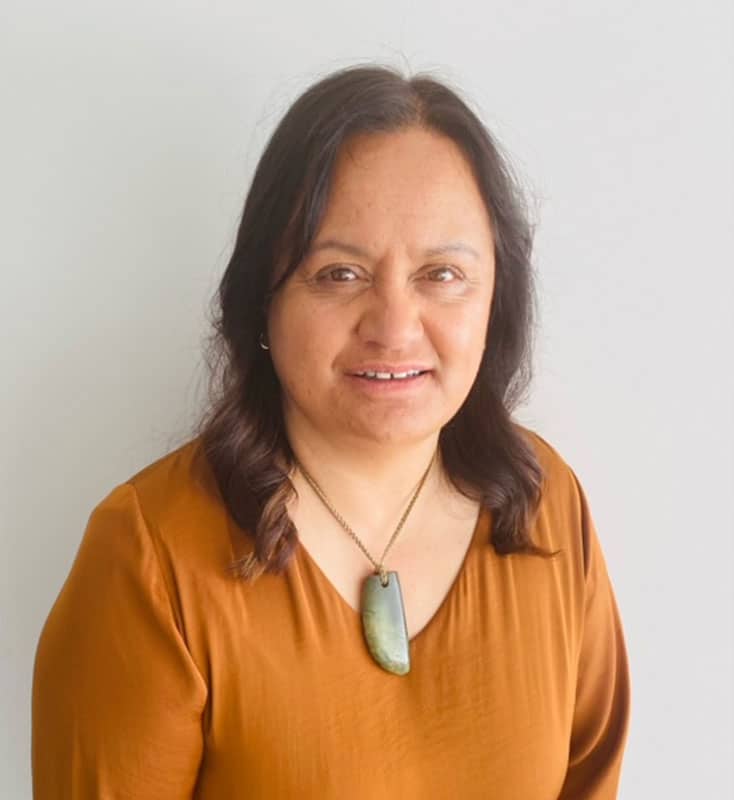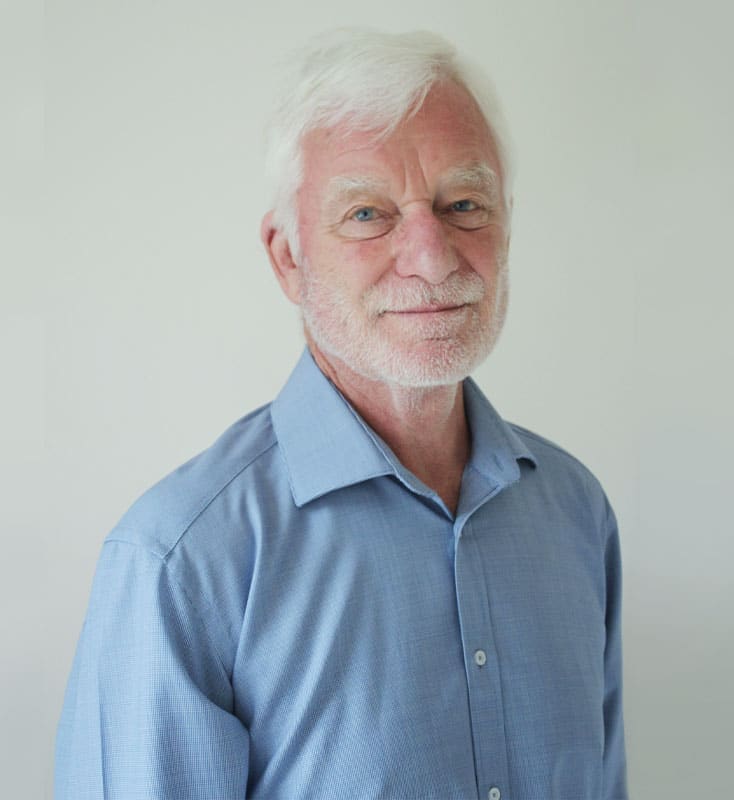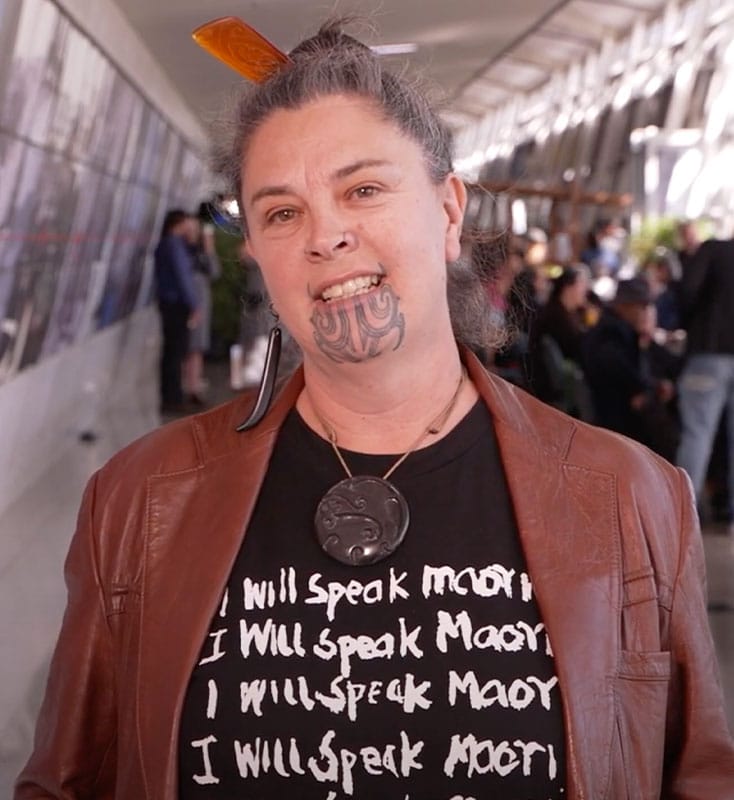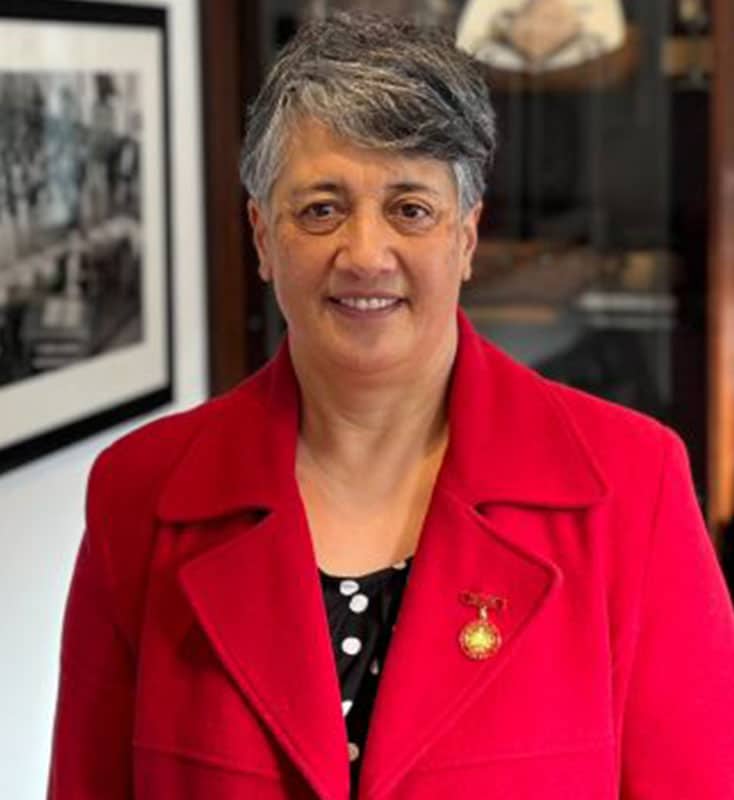Kake discusses the emerging need for purpose-built, culturally-based emergency, transitional, and supportive housing facilities for Māori in New Zealand.
The article highlights the disproportionate representation of Māori among those experiencing homelessness and housing stress and the recent increase in government funding for emergency housing and Housing First places. The focus is on how urban marae and iwi organisations are playing a growing role in providing homelessness services. Kake emphasises the importance of culturally informed design in creating these facilities. The article suggests that marae with the capacity might develop purpose-built facilities to meet local needs and social responsibilities. This includes master planning and designing facilities that are sustainable, adaptable, and future-proofed to cater to changing demographic needs or repurposing. The article also looks at international examples from settler-colonial nations like Australia, Canada, and the United States, where purpose-built facilities have been developed in response to Indigenous urban homelessness. Kake details visits to several such facilities in the US and Canada, including the Chief Seattle Club in Seattle and Native American Connections in Phoenix. These examples showcase culturally-based approaches to trauma, emphasising traditional spiritual and healing rituals, and integrating native culture, history, and art into the design. Kake proposes initial design principles for supportive housing, including a single point of entry, availability of all services on-site, a holistic approach to healing, kitchen facilities for cultural practices, and gardens for food production and connection to the earth. The article underlines the idea that marae, iwi, and mataawaka organisations will have unique perspectives on what is required for their communities and will develop their design briefs accordingly. Kake’s work is a crucial contribution to the discussion on culturally-sensitive housing solutions for Māori, offering insight into the potential design and operation of such facilities, and how architects, researchers, and policymakers can prepare for their development. This aligns with a broader movement towards recognising and incorporating Indigenous knowledge and practices in addressing social issues like homelessness.










